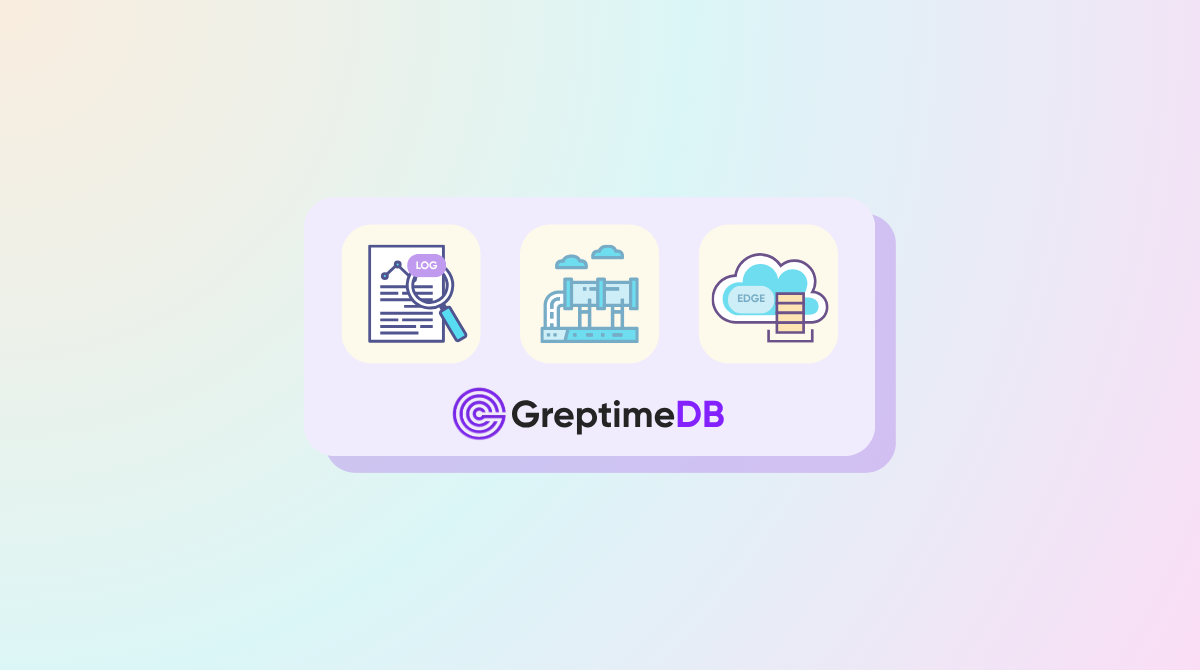
Ever wonder how modern cars handle the massive streams of sensor data? Vehicle intelligence systems generate terabytes of information, creating unique challenges for both storage and real-time analysis. GreptimeDB's Edge-Cloud Integrated Solution is changing this landscape with remarkable efficiency.
The Challenge of Automotive Data Management
Smart vehicles are essentially computers on wheels, constantly collecting data from cameras, radars, and hundreds of internal sensors. Traditional approaches face three critical obstacles:
Resource constraints: Cockpit systems must prioritize entertainment functionsFlash wear issues: Frequent database writes can damage vehicle storageNetwork limitations: Uploading raw data to the cloud is prohibitively expensive
"Traditional time-series databases weren't designed for the challenging environment of a moving vehicle," notes a lead automotive engineer. "We needed something specifically optimized for edge computing."
How GreptimeDB Transforms Vehicle Data Processing
GreptimeDB Edge addresses these challenges through specialized architecture:
Minimal Resource Footprint
In benchmarks on production-grade Qualcomm 8295 modules, GreptimeDB Edge can ingest 600,000 data points per second while consuming less than 8% CPU and only 300MB of memory. This efficiency comes from:
- A proprietary SDK using shared memory IPC (reducing protocol overhead)
- Optimized memory management with time-series memtables
- Configurable background task scheduling to prevent CPU spikes
Smart Flash Protection
Vehicle HMI systems typically use NAND flash with limited write cycles. GreptimeDB implements several strategies to extend storage life:
Configurable WAL strategiesfor different tables based on importance- Optimized compression reducing write volume by 30-40x
- Android-compatible shared memory implementation avoiding excessive I/O
Seamless Cloud Integration
Data compression efficiency is perhaps GreptimeDB's most impressive achievement for automotive applications. In real-world deployment with a leading EV manufacturer:
- 10 exported data files totaled just 42MB, compared to 1.3GB in standard ASC Log format
- This represents a 30-40x compression ratio, doubling previous solutions' efficiency
- Reduced cloud transfer costs by millions of dollars annually
Beyond Vehicles: The Future of Edge Intelligence
The principles that make GreptimeDB excel in automotive settings apply across industrial IoT and edge computing scenarios. With LLMs entering the edge computing space, future applications will require databases that can handle multimodal data types like vectors and images.
"We're exploring how to integrate these capabilities into our existing edge-cloud solution," a GreptimeDB developer explained. "The goal is accelerating the evolution of smart devices into more intelligent and versatile terminals."
Ready to explore how GreptimeDB can transform your edge computing strategy? Visit greptime.com to learn more about the Edge-Cloud Integrated Solution.
About Greptime
GreptimeDB is an open-source, cloud-native database purpose-built for real-time observability. Built in Rust and optimized for cloud-native environments, it provides unified storage and processing for metrics, logs, and traces—delivering sub-second insights from edge to cloud —at any scale.
GreptimeDB OSS – The open-sourced database for small to medium-scale observability and IoT use cases, ideal for personal projects or dev/test environments.
GreptimeDB Enterprise – A robust observability database with enhanced security, high availability, and enterprise-grade support.
GreptimeCloud – A fully managed, serverless DBaaS with elastic scaling and zero operational overhead. Built for teams that need speed, flexibility, and ease of use out of the box.
🚀 We’re open to contributors—get started with issues labeled good first issue and connect with our community.
💬 Slack | 🐦 Twitter | 💼 LinkedIn
